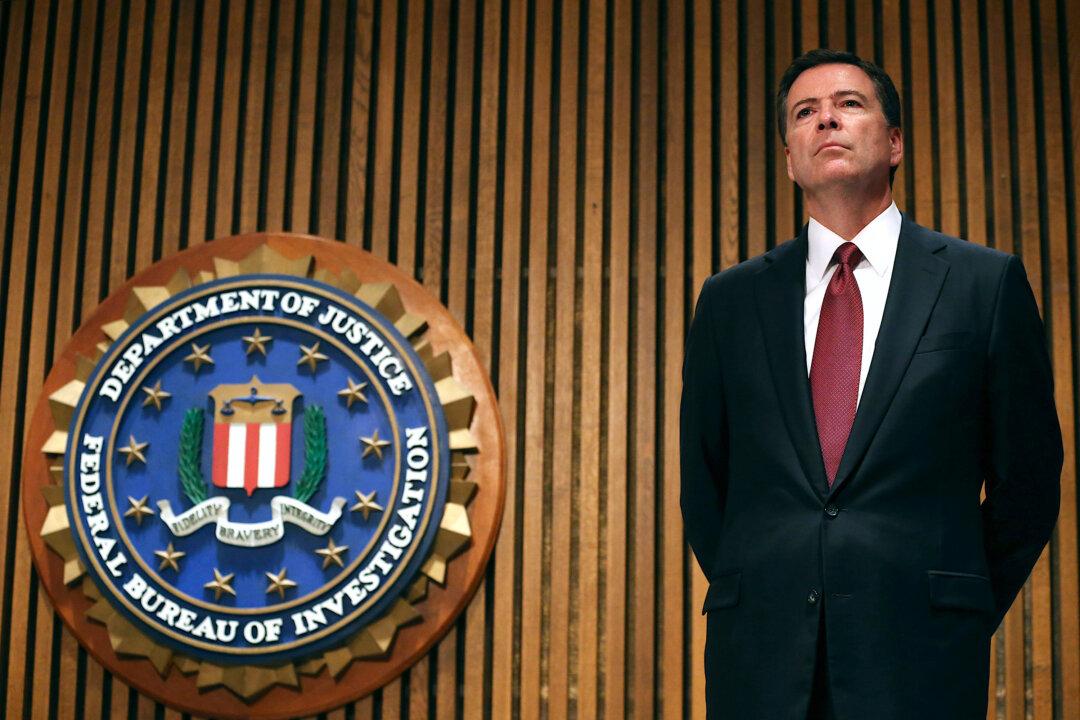Investigative journalist Lee Smith says the story of the origins of the FBI investigation into Trump campaign aides can be likened to the Watergate scandal, in the sense that it was a break-in—an electronic one—to rummage through the campaign’s communications.
“If you think about it in terms of Watergate, it’s easy to understand,” he told Epoch Times senior editor Jan Jekielek on the Nov. 4 episode of “American Thought Leaders.”





